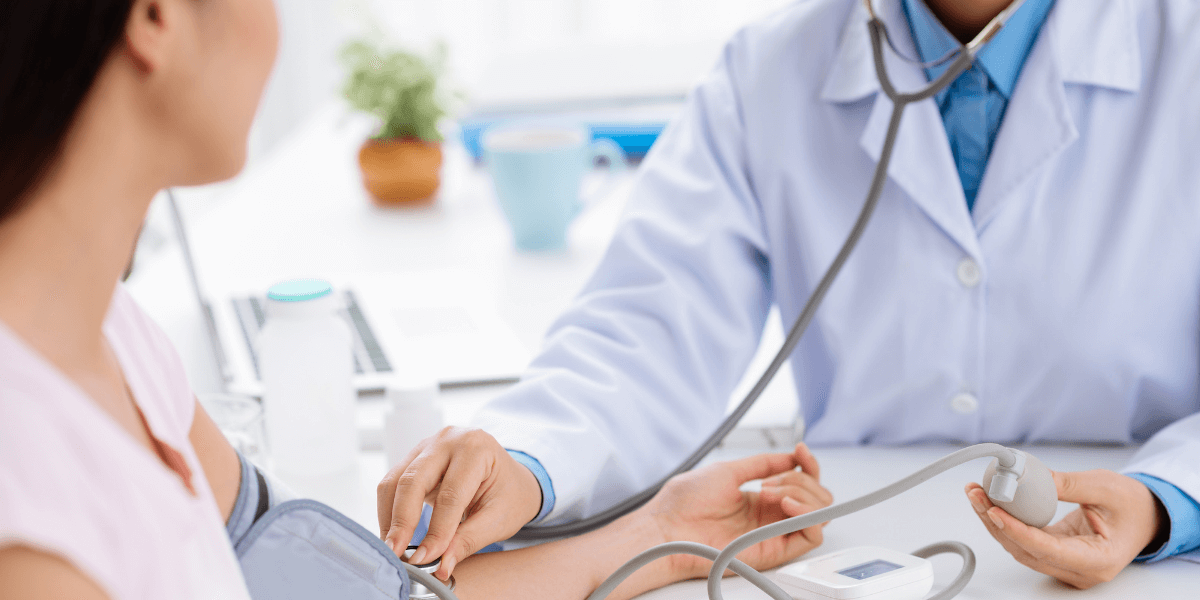


While stroke occurs due to reduced or interrupted blood supply to the brain, high blood pressure can also cause it. Hypertensive crisis or extremely high blood pressure (above 180/120 mmHg) can weaken arteries and damage blood vessels in the brain, increasing the risk of stroke.
Hypertensive Crisis Is Divided into Two Categories
In this case, your blood pressure stays high without causing any damage to your organs.
It is characterized by extremely high blood pressure that damages your organs. This stage can lead to life-threatening complications; thus, it requires immediate medical attention.
Read on to learn more about the causes, symptoms, and treatment of hypertensive crisis.
See Also: Understanding Blood Pressure and Hypertension
There are several hypertension causes, which include:
If your blood pressure reads 180/120 mmHg with no associated symptoms, wait for five minutes and take the readings again. If the reading is the same again, you must visit a doctor immediately as this high blood pressure range can be dangerous for your health.
Your doctor may recommend lifestyle changes, medications, or both, depending on the stage and severity of your blood pressure, which include:
Your doctor may recommend lifestyle changes like quitting smoking, eating healthy foods, exercising regularly, etc. Medication is typically not recommended at this stage.
Your doctor may prescribe a blood pressure medication along with recommending lifestyle changes.
Your doctor may recommend strict lifestyle changes and prescribe rigorous medications, including:
See Also: When to Know It’s Time to Consult a Nephrologist
Follow these lifestyle tips to lower your blood pressure:
Follow a diet containing healthy foods, including:
You can lower 5-20 points of your systolic blood pressure (the first number in your blood pressure reading) for every 20 pounds you lose. Therefore, if you are obese, engage in activities that help you lose weight.
Exercising at least 30 minutes a day can help you reduce your cholesterol levels and maintain a healthy weight. You can start with simple exercises, like walking, jogging, cycling, swimming, etc.
Consuming sodium-rich foods is the leading cause of high blood pressure, so keep your sodium intake levels under 2,400 milligrams. If you have hypertension, your sodium intake level should be under 1,500 milligrams. Avoid processed food items that contain high salt. You should also eat potassium-rich foods that help remove sodium from the body.
Stress can increase your blood pressure. Therefore, practice stress-relieving activities like meditation and yoga.
One alcoholic drink a day (for women) or two drinks (for men) is recommended. Exceeding that limit will make you susceptible to high blood pressure.
Smoking not only damages your lungs but also increases your blood pressure, so quit smoking.
If you have hypertension and your doctor has prescribed medication for that, it is important to take it on time and as prescribed rather than skipping or taking too much at once.
Your blood pressure stays low or normal while sleeping. Therefore, if you don’t get enough sleep, it may remain high for longer, increasing your risk of heart attack and stroke.
Seek immediate medical attention if your blood pressure increases significantly. Untreated high blood pressure can cause serious health complications. Hospitalization for hypertensive crisis treatment may include administering oral or intravenous medications.
Are you or your loved ones suffering from high blood pressure and are looking for a nephrology specialist in Indianapolis, IN? If yes, contact us today at Kidney Physicians of Indiana. We have the best kidney specialists on board to treat your kidney issues.